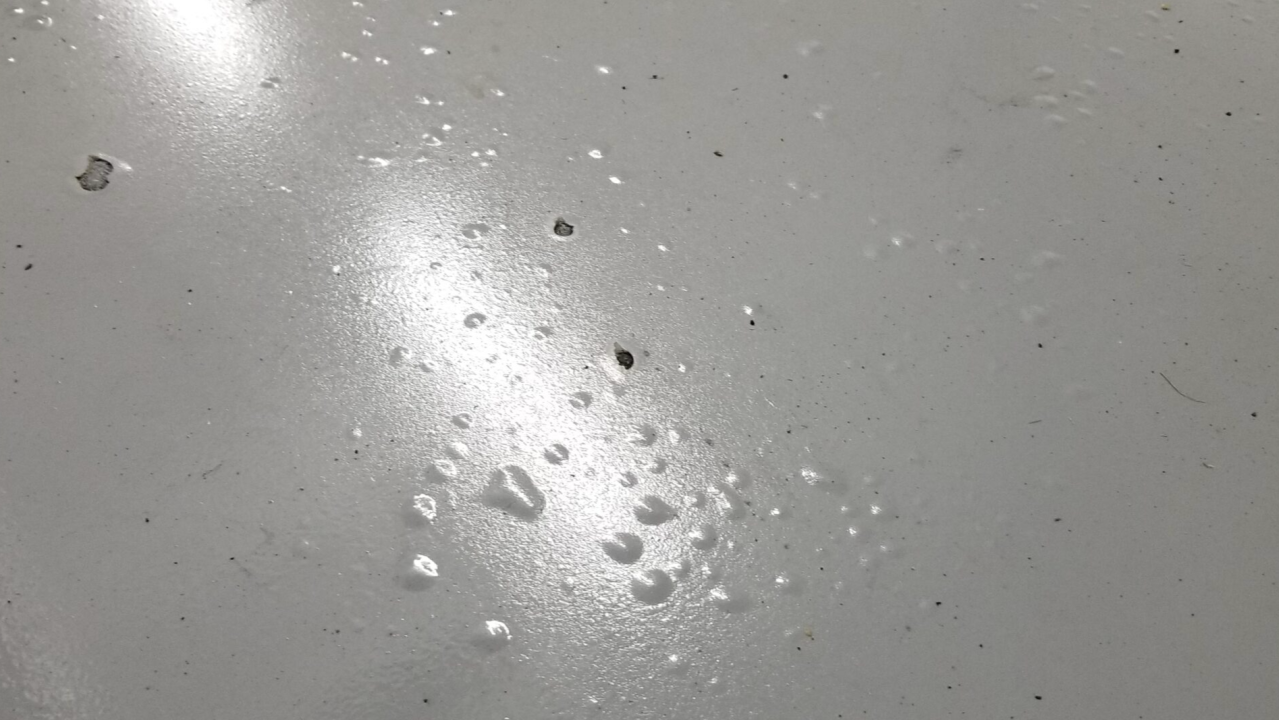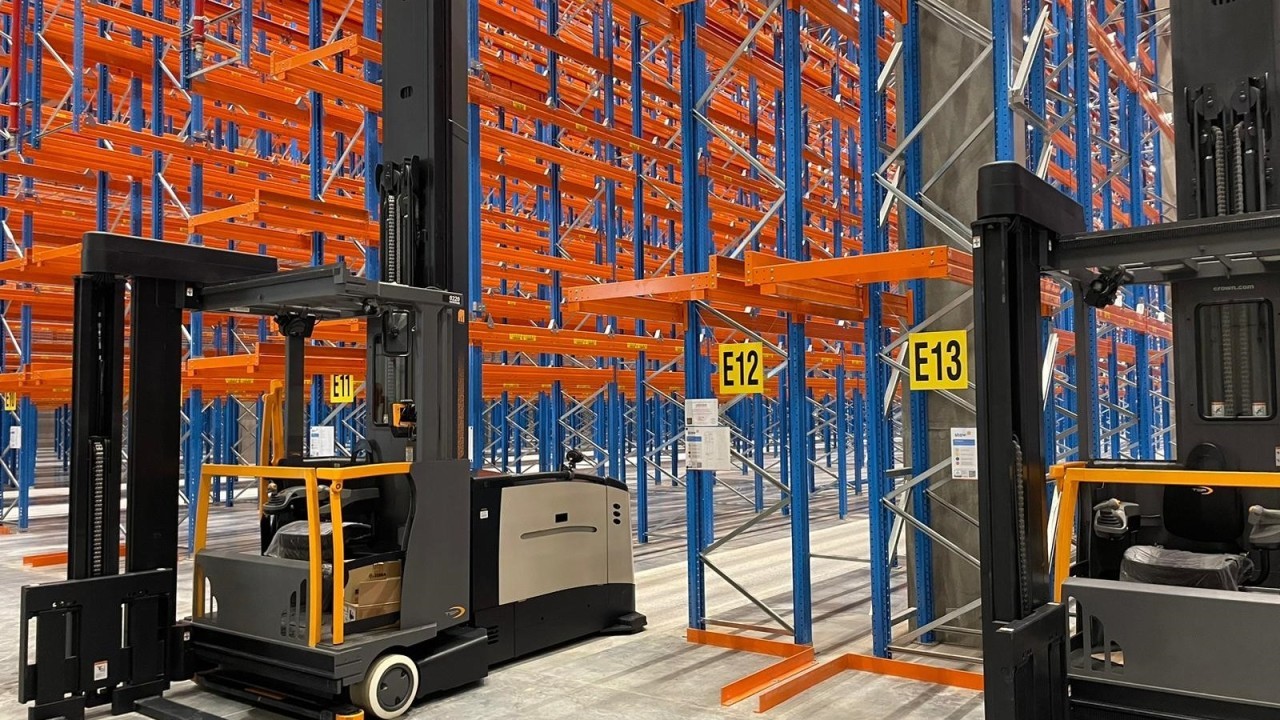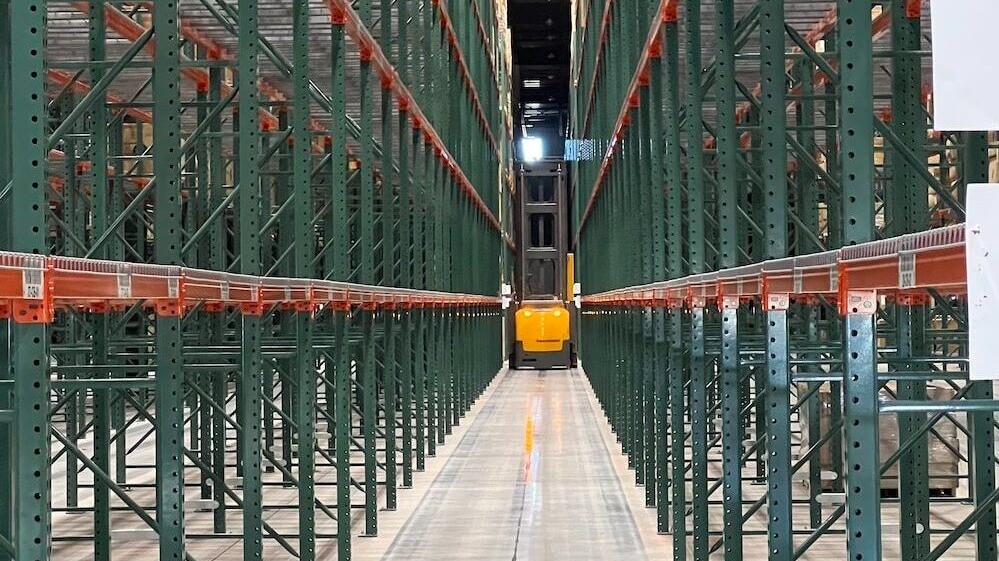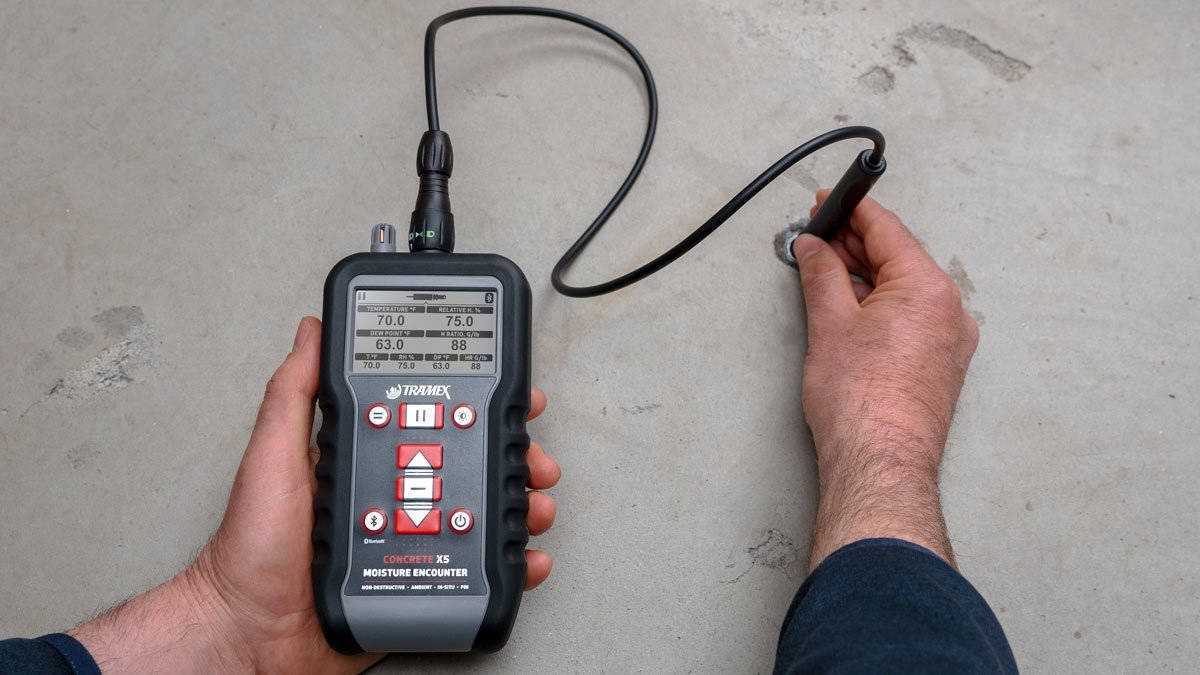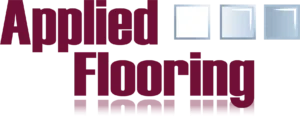Why a Proper Floor Assessment is Crucial for Seamless Coatings?
Concrete is a common and robust foundation for industrial flooring. However, a silent challenge lurks beneath its solid surface: high moisture levels. This force, generated by moisture trapped within the concrete slab, can lead to catastrophic floor failures if not appropriately addressed before applying seamless coatings. For flooring specialists, project managers, and facility operators, understanding and mitigating this issue is vital for long-term success.
What is a High Moisture Issue?
A high moisture issue occurs when groundwater or moisture beneath the concrete slab moves upward through the slab’s pores. Without an adequate vapour barrier, or if the slab is exposed to moisture from the surrounding soil or other external sources, this moisture can accumulate within the concrete, potentially leading to flooring problems.
When seamless coatings like epoxy, polyurethane, or other overlays are applied, trapped moisture attempts to escape through the surface, resulting in delamination, blistering, or bubbling. This can lead to costly repairs, downtime, and equipment damage—especially in high-traffic industrial areas.
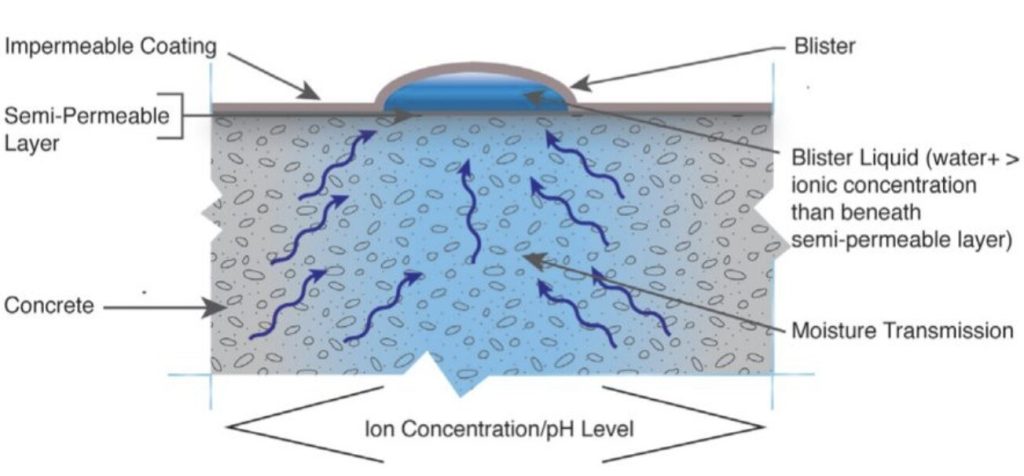
The Importance of Proper Floor Assessment
Before any flooring system is installed, assessing the concrete slab for moisture issues is essential. Several testing methods can identify potential moisture risks and help determine the appropriate course of action:
Relative Humidity (RH) Testing:
Will measure the moisture content within a concrete slab. It determines the percentage of water vapor in the slab’s air spaces compared to the maximum amount of moisture the air can hold at a given temperature. This test is critical for assessing whether the slab is dry enough for flooring installation, as excessive moisture can lead to failures in adhesives, coatings, or floor coverings.
Calcium Chloride Testing:
Will quantify how much moisture is released from the slab over a 24-hour period (MVER—Moisture Vapor Emission Rate).
Electrical Impedance Scanners (Tramex CME5):
Will quickly indicate surface moisture, helping to determine whether further testing is required.
By utilizing these methods, you can avoid applying coatings on slabs with high moisture content, significantly reducing the risk of coating failures.
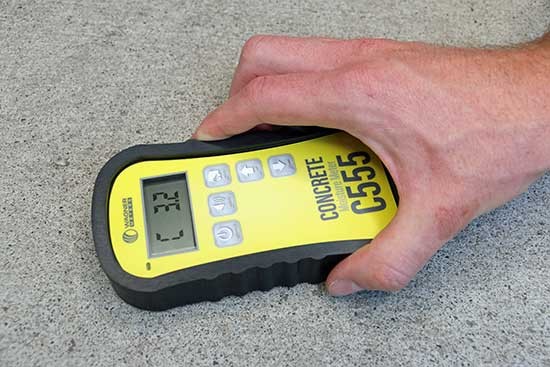
Low Moisture Level: Solutions for Moderate Moisture Concerns
When moderate moisture levels are detected, primary moisture barriers and mitigation systems often suffice. These systems offer solid protection and can be applied without extensive curing times:
Sikafloor® 1620:
This two-part epoxy primer reduces moisture vapour emissions and improves the bond strength of the final coating. It’s ideal for environments with low-to-moderate hydrostatic pressure. Sikafloor® 1620 is commonly used in warehouses, light manufacturing, and commercial settings.
Euclid Dural Aquatight WB:
This rapid-curing, water-based epoxy solution provides an excellent moisture barrier for slabs with moderate moisture vapor emissions. It penetrates the slab and creates a moisture-resistant barrier, allowing for quick flooring installation. It’s suitable for moderately moist conditions and offers long-lasting protection.
These products are designed to handle low-to-moderate moisture issues, ensuring your flooring system can bond securely and resist future delamination.
High Moisture Level: Solutions for Severe Moisture Challenges
When a significant high moisture content is detected, more advanced epoxy moisture mitigation systems are required. These systems are specially formulated to address extreme conditions where traditional barriers may fail.
MAPEI Planiseal EMB:
This two-part epoxy system is engineered for high moisture content and severe level scenarios. It penetrates deep into the concrete, forming an impermeable barrier that prevents moisture from affecting the surface coating. Planiseal EMB is ideal for heavy-duty industrial settings such as cold storage, food processing plants, or areas exposed to groundwater.
Ardex MC Rapid:
Known for its fast-curing properties, Ardex MC Rapid is a high-performance moisture mitigation system that controls extremely high moisture vapor emission rates. It’s suitable for environments with severe moisture levels and provides robust moisture protection in as little as 4 hours.
Sika® 81 Epocem:
This moisture barrier system combines epoxy and cement technology, making it highly effective for slabs with high moisture levels. Sika® 81 Epocem acts as a moisture control layer and levelling compound, ensuring a flat, dry surface for seamless coating applications. It’s perfect for heavy-duty areas like production floors and logistics centers.
These advanced systems are designed to combat high moisture levels, providing peace of mind that your floor will remain intact even in the most challenging conditions.
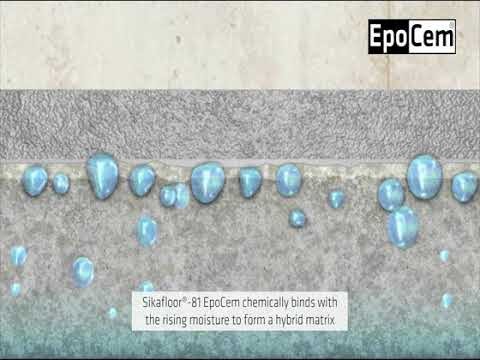
Surface Preparation
Proper surface preparation is key no matter the severity of the moisture issue. Techniques like shot blasting or grinding ensure that contaminants are removed and the concrete surface is porous enough to accept moisture mitigation systems and coatings.
Conclusion
The high moisture level is an often-overlooked factor in concrete floor installations, but its effects can be severe if not properly managed. At Applied Flooring, we understand the importance of a thorough floor assessment before installing any seamless coating. By identifying and addressing moisture issues early—using either basic moisture vapour barriers for low moisture levels or advanced epoxy systems for more severe conditions—we ensure that your flooring investment will be durable, resilient, and free from future failures.
Don’t leave your next project to chance—partner with us for expertise in moisture mitigation and seamless coatings that stand the test of time.
—
If you’d like to know more about how to address hydrostatic pressure in your next flooring project, feel free to reach out. Let’s keep your floors strong and safe!

